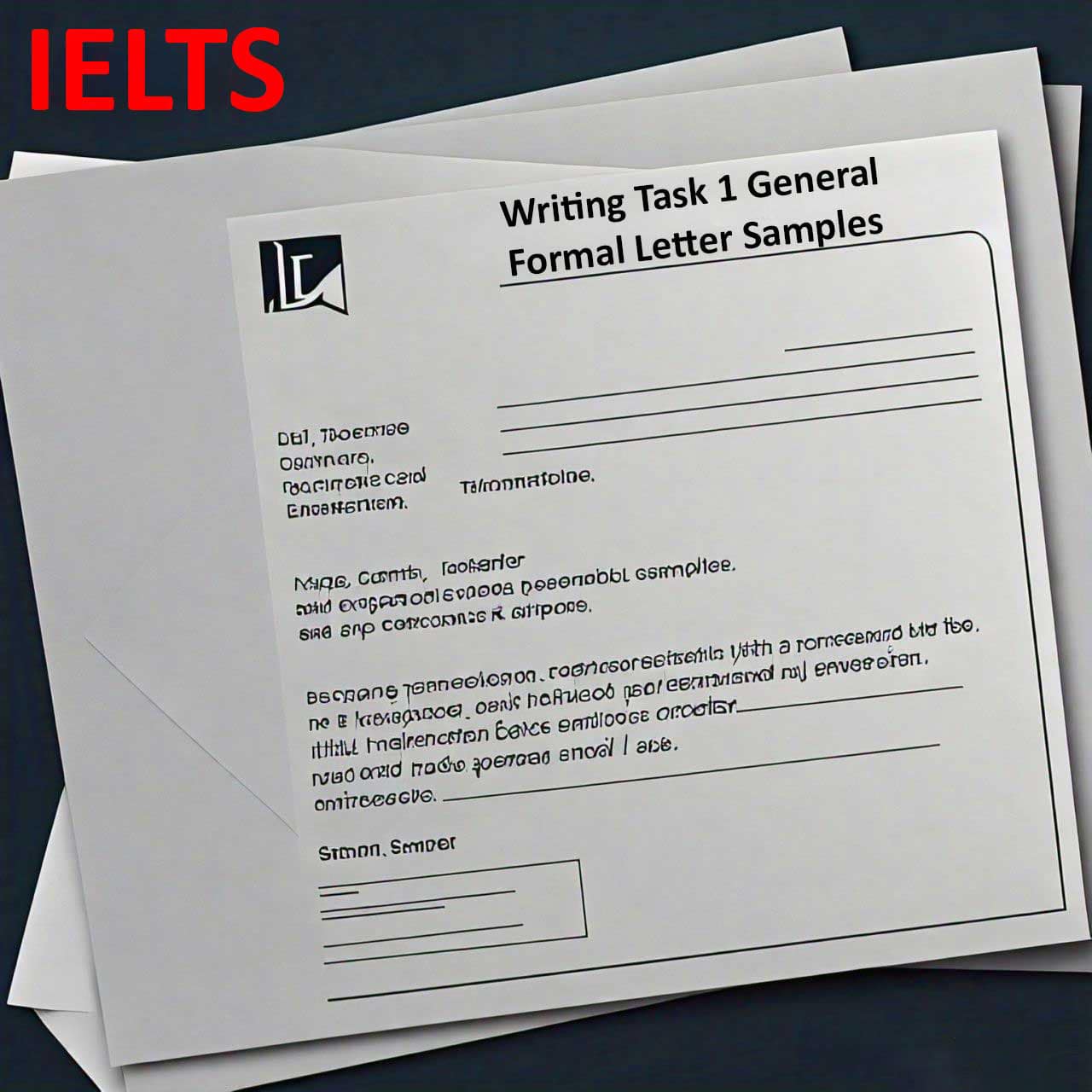The IELTS (International English Language Testing System) exam is a significant milestone for many individuals seeking to study, work, or immigrate to an English-speaking country. While preparation is crucial for success, another factor that can significantly influence performance is stress. In this blog post, we’ll explore the impact of stress on performance in the IELTS exam and provide strategies for managing stress effectively to achieve your desired score.
Table of Contents
Understanding Stress in the IELTS Exam Context
1. Pressure to Perform:
– The importance of the IELTS exam often leads to pressure and expectations from oneself or others to perform well. This pressure can contribute to feelings of stress and anxiety.
2. Test Environment:
– The test environment itself, with its time constraints, unfamiliar surroundings, and the presence of other test-takers, can be stressful for some individuals.
3. Fear of Failure:
– Fear of failure, particularly if the exam is a prerequisite for academic or professional goals, can exacerbate stress levels and impact performance.
The Impact of Stress on Performance
1. Cognitive Functioning:
– Stress can impair cognitive functioning, affecting memory, attention, and decision-making abilities. This can make it challenging to recall information or process questions effectively during the exam.
2. Communication Skills:
– Stress can hinder communication skills, leading to difficulties in expressing ideas clearly and coherently in the Speaking and Writing sections of the exam.
3. Test-Taking Strategies:
– High levels of stress may interfere with test-taking strategies, such as time management and critical thinking, which are essential for navigating the exam successfully.
4. Physical Symptoms:
– Stress can manifest as physical symptoms such as increased heart rate, sweating, and muscle tension, which can further distract and disrupt performance during the exam.
Strategies for Managing Stress
1. Effective Preparation:
– Comprehensive preparation, including familiarizing yourself with the exam format, practicing with past papers, and improving your English skills, can help alleviate stress by boosting confidence and readiness.
2. Time Management:
– Develop effective time management strategies to ensure you allocate sufficient time to each section of the exam. Practice timed exercises to simulate exam conditions and build confidence in your ability to complete tasks within the allotted time.
3. Relaxation Techniques:
– Incorporate relaxation techniques into your daily routine, such as deep breathing exercises, mindfulness meditation, or progressive muscle relaxation, to reduce stress and promote a calm mindset.
4. Positive Self-Talk:
– Challenge negative thoughts and self-doubt by replacing them with positive affirmations and self-assurance. Remind yourself of your strengths and past achievements to boost confidence.
5. Healthy Lifestyle:
– Prioritize self-care by maintaining a balanced diet, getting regular exercise, and ensuring adequate sleep in the days leading up to the exam. A healthy lifestyle can enhance resilience to stress and improve overall well-being.
6. Seek Support:
– Don’t hesitate to seek support from friends, family, teachers, or mental health professionals if you’re feeling overwhelmed by stress. Talking about your feelings and concerns can provide perspective and alleviate anxiety.
Conclusion
While stress is a natural response to the challenges of the IELTS exam, it’s essential to recognize its impact on performance and take proactive steps to manage it effectively. By implementing strategies such as effective preparation, time management, relaxation techniques, positive self-talk, maintaining a healthy lifestyle, and seeking support when needed, you can reduce stress levels and optimize your performance on the exam day. Remember, the IELTS exam is an opportunity to demonstrate your English language skills and achieve your goals, and managing stress effectively is an essential part of that journey.



